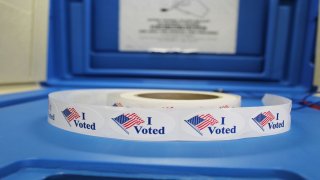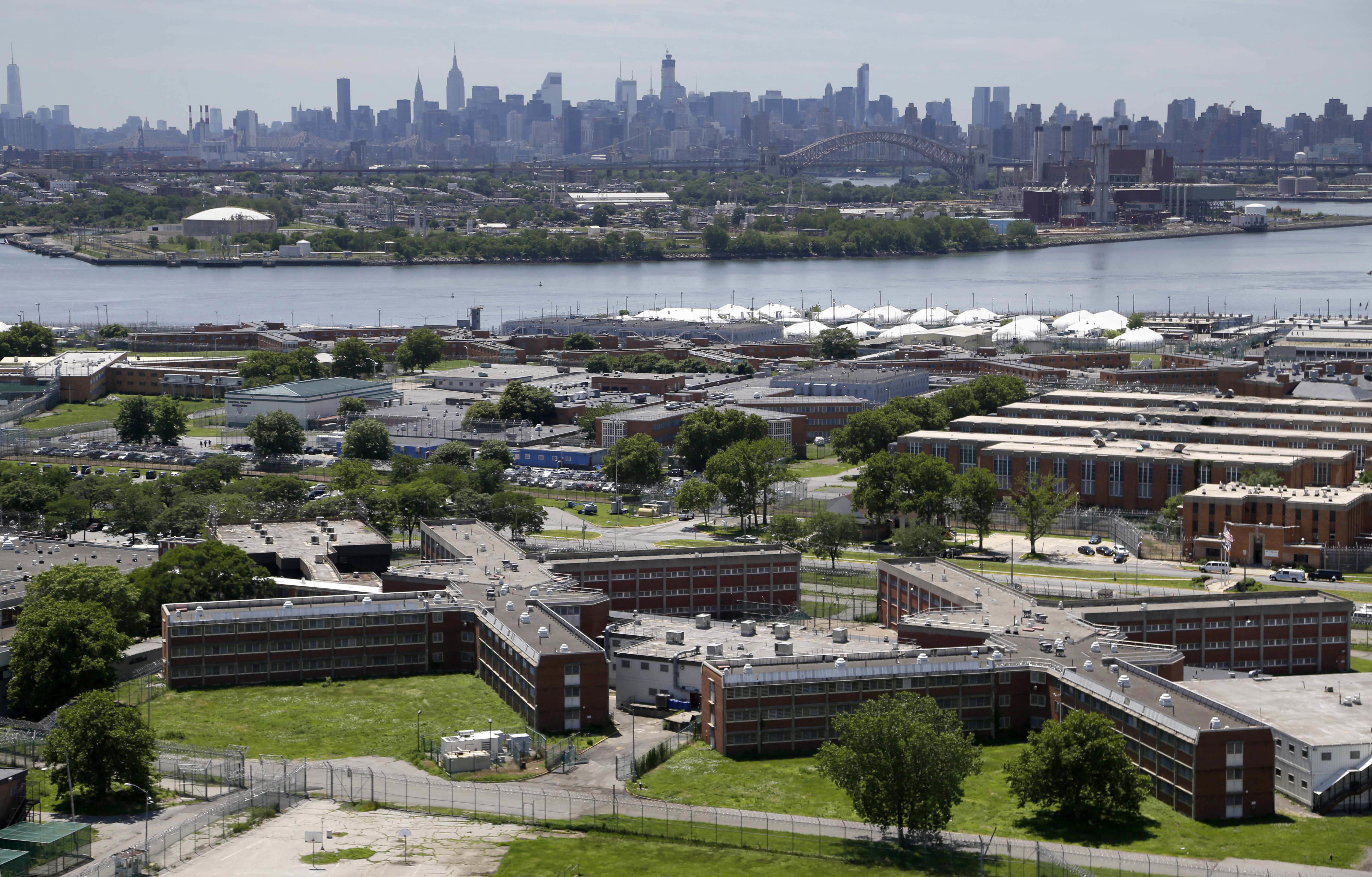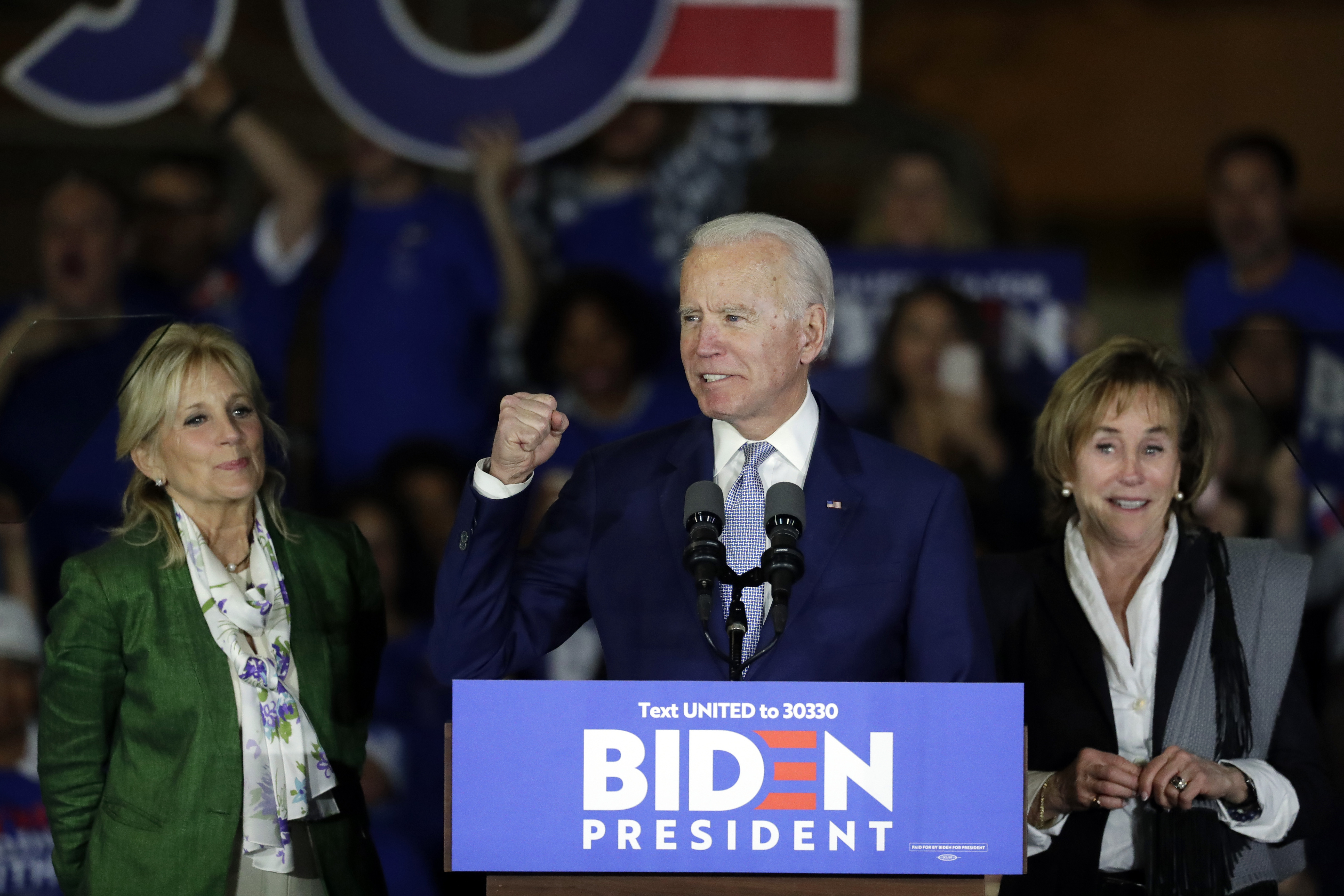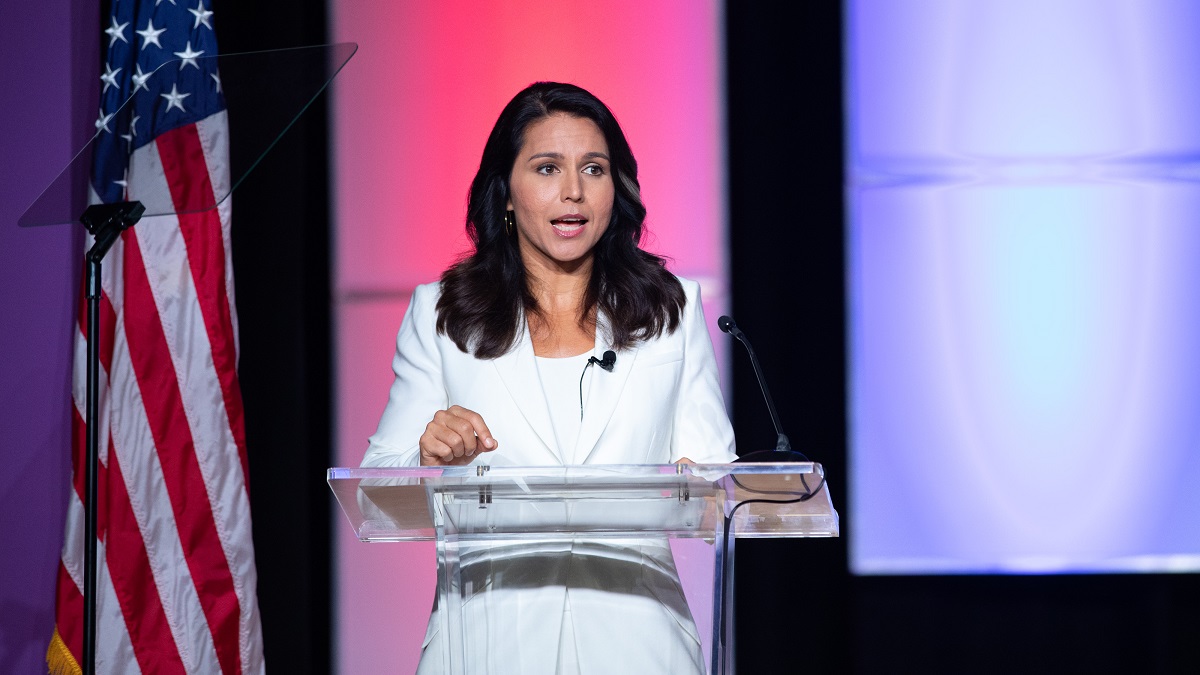
This week's abrupt depletion of Democratic presidential hopefuls is giving Illinois voters a less-cluttered path through the March 17 primary ballot. That thinning of the ranks, and an unlikely pairing with worldwide health concerns raised from a new virus, should produce a spike in early voting, officials said.
Early and grace-period voting was expected to pick up in the 10 days left before the Illinois primary with the departure of five major candidates. That came after former vice president Joe Biden's whirlwind turnaround marked by a South Carolina landslide and victories in 10 of 14 Super Tuesday states. It left the nomination battle essentially a showdown between Biden and Vermont Sen. Bernie Sanders.
“It had a great impact,'' Cook County Clerk Karen Yarbrough said. “A number of people were waiting to see how it would shake out on Super Tuesday and then see where they're going to go. Now they will (vote early) because it's a clear path.''
Illinois' 2016 early vote count totaled 520,000, a number that was up 260% from 2012. But as of midday Friday, only 106,000 early votes had been cast, according to the Illinois State Board of Elections. The board is again reassuring the public that there is sufficient security to thwart foreign meddling like in 2016, when Russian hackers accessed voter registration data.
Despite the fact that the daily early vote count through week's end averaged 3,650, compared with an overall daily average of 13,000 in 2016, elections board spokesman Matt Dietrich predicted this year's total will surpass that of four years ago.
The trend began the day after Super Tuesday _ the number of early and grace-period ballots cast in the second half of the week jumped 56%.
Voters who didn't wait for the Democratic field to thin and cast an early or mail-in vote for a candidate who's no longer competing are out of luck. Unlike the rare state such as Michigan, there are no do-overs in Illinois; a vote cast is a vote cast.
The other factor that might govern early and mail-in voting is fear of the illness caused by the novel coronavirus. Illinois has reported five cases of COVID-19, and state officials contend their efforts to contain the flu-like illness will prevent a widespread outbreak. But for those who are wary, early voting means going to one of a few designated placing in a voter's jurisdiction to mark the ballot without facing crowds. Mail-in voting means making a choice without leaving home.
“If people want to avoid the lines on Election Day, keep in mind that early voting is going on now through the 16th,'' Dietrich said. “The other option, if you're really concerned about it and want to avoid going to any public place whatsoever, you have until March 12 to request a vote-by-mail application.''
Early and Election Day voting places are stocked with hand sanitizer and disinfectant wipes, said Jim Allen, spokesman for the Chicago Board of Election Commissioners.
Paper ballots are also available on Election Day, so voters need not interact with touch-screen voting.
“The virus is on everybody's mind, but we have not seen at the early voting sites a downtick,'' Yarbrough said. “We see lots of people voting. We are encouraging people, if they're feeling apprehensive, to send in a ballot and vote from home.”
Illinois was the only one of 21 states to acknowledge that Russian agents hacked its election system in the summer of 2016. They accessed, but were unable to change, add or delete, the data of 76,000 registered voters. No actual votes or election information were affected, but the breach became part of special prosecutor Robert Mueller's 2018 indictment of a dozen Russian agents for hacking.
The elections board weathered the 2018 midterm election successfully after revamping its voter database and employing cybersecurity experts to monitor ballots on Election Day. It has used a $13.2 million federal grant to develop a network of so-called cyber navigators stationed around the state who advise local election authorities and respond to breaches or other problems.





